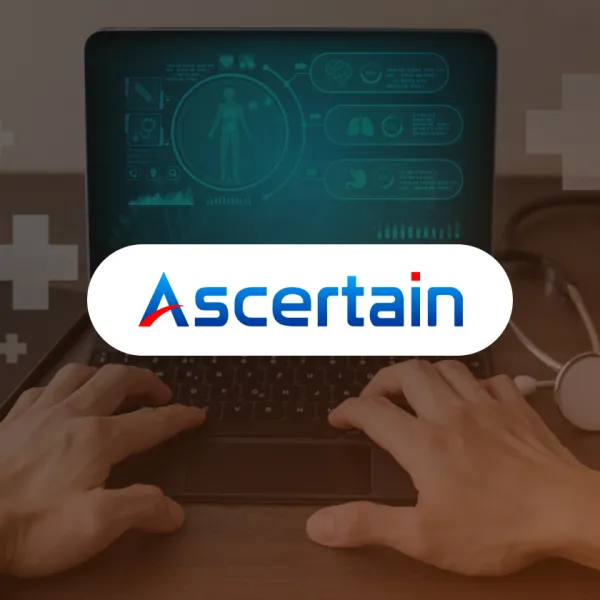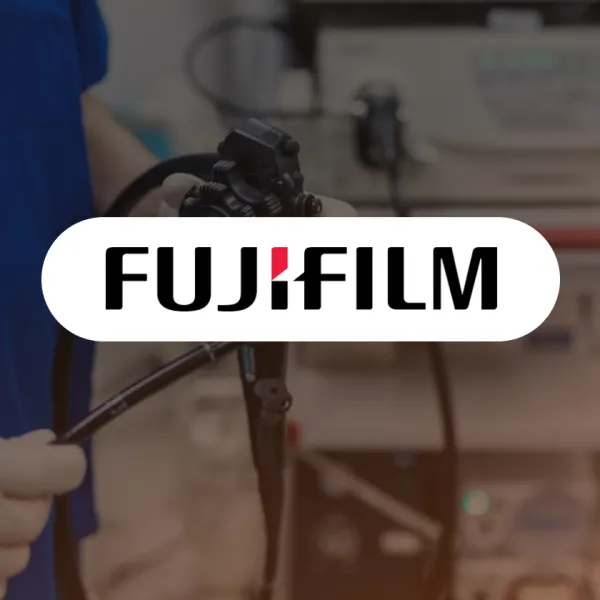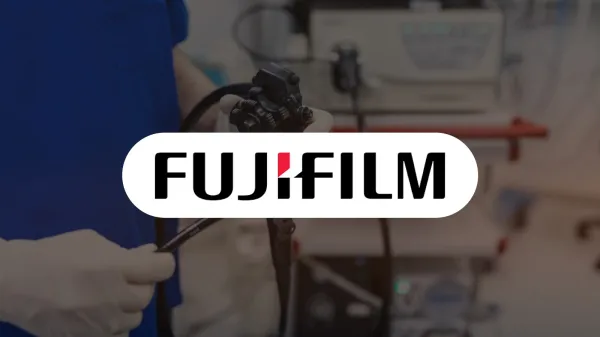Adventist HealthCare Rolls Out KATE AI for Improved Emergency Triage

The AI technology aims to enhance the safety and efficiency of triage processes, offering nurses a second opinion during critical patient assessments.
Adventist HealthCare has introduced KATE AI, an artificial intelligence tool, to support emergency department (ED) nurses and patients at Shady Grove, White Oak, and Fort Washington Medical Centers.
The AI technology aims to enhance the safety and efficiency of triage processes, offering nurses a second opinion during critical patient assessments.
KATE AI supports clinical decision-making by analyzing patient symptoms against de-identified historical medical records. The tool helps to ensure that patients with complex conditions or higher risk profiles receive appropriate care, without replacing the caregiver's judgment. It is advantageous in identifying conditions like sepsis, heart attack, heart failure, and preeclampsia, among over 100 high-risk conditions.
Sharing insights, Seleem Choudhury, COO, Shady Grove Medical Center, said, "Time matters in the emergency department. Our team appreciates how this technology supports their clinical skills, advances our patient safety efforts, and creates a smoother experience for our emergency patients.”
Enhancing Clinical Decisions with AI Support
KATE AI enhances the consistency of triage and reduces the chances of errors, ensuring patients receive timely care from the right medical teams. By improving triage accuracy, the AI tool also helps reduce emergency room wait times, speed up admission or discharge decisions, and potentially shorten hospital stays for admitted patients.
"We are delighted that Adventist HealthCare has selected KATE AI to address the challenges in emergency care," stated Steven Reilly, CEO of Mednition, the company that developed KATE AI.
He further remarked, "The expanded use of KATE AI throughout their system reflects a strong commitment to leveraging innovation to support nursing teams and enhance clinical, operational, and financial outcomes."
KATE AI not only provides clinical benefits but also promotes health equity. This technology removes biases, including race, age, and gender, from the triage process.
The Maryland Patient Safety Center has acknowledged this initiative, praising Adventist HealthCare for its efforts in reducing biases in healthcare.
Stay tuned for more such updates on Digital Health News.
Stay tuned for more such updates on Digital Health News































